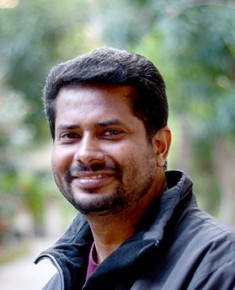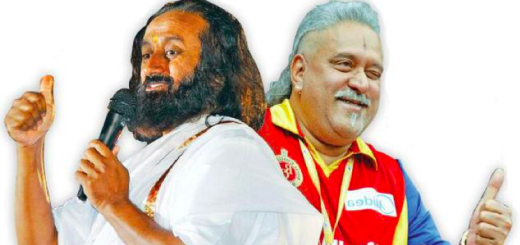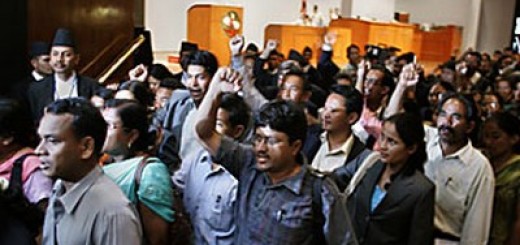Trafficking a worldwide phenomenon: Indian priest doctor

Story By:
Redemptorist Fr Mathew Abraham Puthenchirayil is a medical doctor who participated at the Plenary Meeting of the Pontifical Academy of Social Sciences at the Vatican April 17-25. He is the secretary of the Office for Health Care under the Catholic Bishops’ Conference of India.
The theme of the Plenary Session was “Human Trafficking: Issues beyond Criminalization.” Scala News, a news portal of his congregation, interviewed Fr Mathew, as he is popularly known, soon after the meeting. Excerpts:
Father, what is the Church’s contribution in solving this issue?
Father Mathew Abraham: Normally the Pontifical Academy asks the Pope for set the topic of discussion within the context of the Academy’s mission. There are two statements that Pope Francis has constantly repeated from the beginning of his Pontificate: that ‘Human Trafficking is Modern Slavery’ and that this practice is a ‘Crime against Humanity.’ With these statements as background, the Academy was led to focus on this issue.
We work in independent Commissions, for example, I work in the Commission that studies human trafficking in India. After some time working as separate Commissions, all come together for the plenary session with their recommendations.
During this meeting of the Academy, we compared the various historic forms of slavery. The current victims of trafficking share three common characteristics with those enslaved in the past: subjection to one of the most extreme forms of violent social domination; alienation from any legitimate social order; and degradation because freedom is necessary to attain any form of status in society except at the very lowest.
The majority of those exploited through forced labor and work in the sex industry are relatively young. As a result, their “cash” value as commodities to be exploited diminishes as they age. What happens when they are no longer of value and are “set free?”
Without documents, without rights, without any legitimate social network, and probably without the language needed, they are defenseless against assimilation into the local black economy, with its sweatshops, drug rings, and organized street prostitution. In other words, they join the reserve army of illegal migrants and face the prospect of extradition. Alternatively, in certain circumstances and conditions, it can happen that they gain legal status and are then in a position to give evidence against their traffickers.
In which countries or continents do you think this phenomenon is most common?
I think it can be found in every country and in every part of the world. Everywhere, we find people cheated by the promise of none existent jobs, who are forced to flee because of difficult political situations , who are lured into prostitution through false promises or who are trafficked in order to be farmed for human organs.
Do you find any relationship between poverty, migration and human trafficking?
Yes there is. The poor people are always the victims of migration and human trafficking. Large numbers of people are lured into prostitution because of poverty. I know of such situations in India. I know also that human trafficking among the poor is widespread in India.
I’m a medical doctor and through collaboration with the bishops I know well what it means to give human care, and this is what Church as an Institution needs to give. Personally, I’m happy to give, to collaborate and animate the movements that try to address some of these issues.
Now in this meeting (Plenary) of the Academy we shared with Pope Francis our discussions and findings on this matter, so that he could motivate the Church world-wide to involve herself more deeply in the situation these people and so better respond to their needs.
Note: The Holy Father received the participants of the Plenary Session of the Pontifical Academy of Social Sciences in audience on 18 April.
In his speech he said:
“Unfortunately, in a global economic system dominated by profit, new forms of slavery have developed that are, in some ways, worse and more inhumane than those of the past. Following the message of redemption of the Lord, we are thus called, now more than ever, to denounce them and fight them. First, we have to be more aware of this new evil that everyone, in the global world, would like to hide because it is outrageous and “politically incorrect”. Nobody likes to admit that new forms of slavery exist in their city, even in their own neighborhood, in their own region or country, whereas we know that this plague affects almost all countries. We must thus denounce the serious situation of this terrible scourge”
“For my part, I have stated several times that these new forms of slavery – human trafficking, forced labor, prostitution, organ trade – are very serious crimes, a wound on the body of contemporary humanity. The whole of society is called to grow in this awareness, especially with regard to national and international legislation, in order to prosecute the traffickers and repurpose their unjust gains for the rehabilitation of victims..”
(This interview first appeared in cssrredemptoristi.com on May 04, 2015)
















